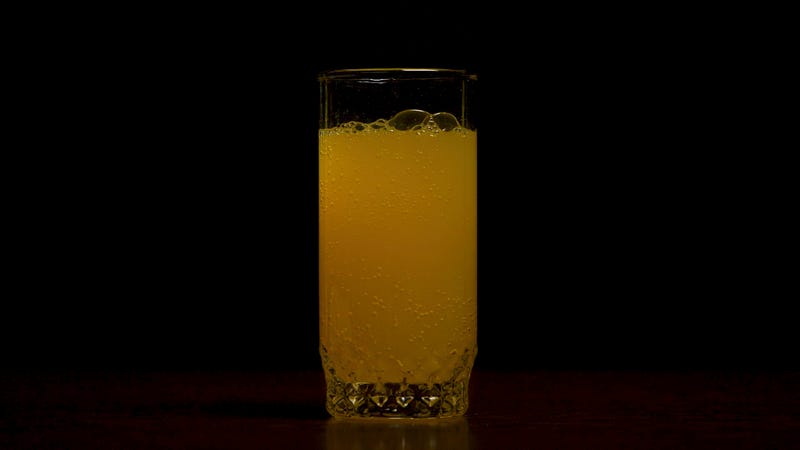
Even though the U.S. Food and Drug Administration determined that a food additive called brominated vegetable oil (BVO) wasn’t “Generally Recognized as Safe” back in 1970, it still pops up in soda, including Sun Drop and Orangette, as it is still authorized for use in small amounts.
That could soon change. On Thursday, the FDA proposed a revocation of the regulation authorizing BVO, which is vegetable oil with added bromine, a reddish-brown element that is naturally occurring in the Earth’s crust. It cited research conducted with the National Institutes of Health that linked BVO exposure to thyroid issues.
“The evidence is clear that brominated vegetable oil in sodas and other beverages poses an unacceptable risk to our health,” said Brian Ronholm, director of food policy at Consumer Reports, of BVO. “Toxic additives like BVO that have been shown to pose toxic risks to the thyroid and other chronic health problems should not be allowed in our food. We’re encouraged that the FDA has re-examined recent studies documenting the health risks posed by BVO and is taking action to prohibit its use.”
As an additive, BVO keeps “citrus flavoring from separating and floating to the top of some beverages,” per the FDA. It said few beverages still contain BVO.
According to the Center for Science in the Public Interest, research indicates that BVO leaves residues in body fat – including fat in the brain, liver, and other organs. Studies of animals also found that BVO is transferred from mother’s milk to the nursing infant and that it can cause heart lesions and fatty changes in the liver as well as impaired growth and behavioral development.
“Those studies suggest that BVO might be harmful to people who drink large amounts of soft drinks that contain BVO,” said the center.
Mountain Dew and Gatorade used to contain BVO, according to the Environmental Working Group, which said that companies have been removing the additive due to market pressure. As of 2014, soft drink giant Coca-Cola announced it had removed the additive from its products, The Washington Post reported. Two years prior, a petition calling for companies to remove BVO received more than 200,000 signatures.
“Although BVO has a long history of use in foods and was at one time considered GRAS, we have continued to study it to understand any potential health impacts,” the FDA said Thursday. It is accepting comments on the proposed revocation through Jan. 17.
